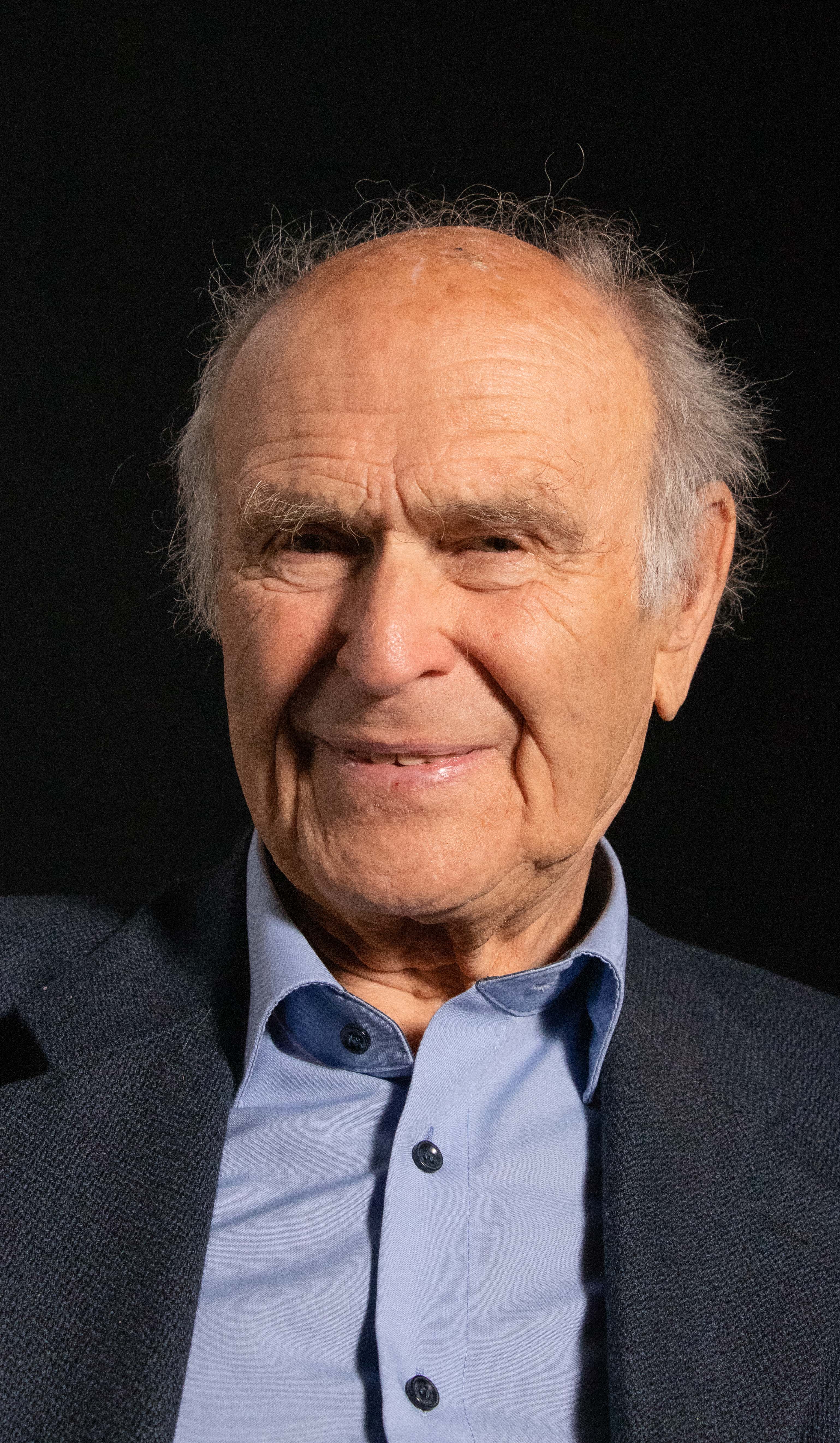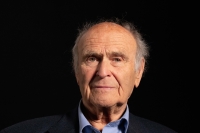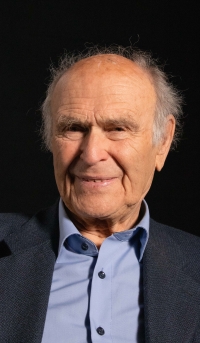Mum said she didn’t want to lose her son and so joined the expulsion voluntarily

Download image
Ivo Vendolsky was born on 21 August 1933 in Teplice to a Czech-German teacher family. His father Jaroslav was Czech, his mother Irmgard of German origin. They spoke both languages at home. But after a few years his parents divorced and Ivo lived with his mother until the end of the war in Benešov nad Ploučnicí, while his father returned to the town of his birth, Brno. His memory of the annexation of Sudety by Germany in the autumn of 1938 was that the inhabitants of Benešov welcomed it, he himself remembers standing with the others watching the German soldiers arrive. The war itself hardly affected the locals. After it ended however, groups of armed Czechs came to Benešov and started the wild expulsion. Ivo and his mother left the town on 20 June 1945, where a group of about three thousand people were forced on foot to the German border under the escort of armed horsemen. His mother joined the expulsion voluntarily, she didn’t want to be separated from her son in the future. It was only years later that Ivo Vendolsky discovered his father had vainly searched for him in the town. During the two-day trip, the soldiers shot several old people who were unable to continue walking. Close to the border they found shelter in a former Reich Labour Service boarding house. His mother went back over the borders a few times in secret, to buy bread for Czech food stamps. Her Czech was so good that they couldn’t tell she was a German when she was caught crossing the border. Later, mother and son moved inland. Ivo Vendolsky graduated from grammar school and then from a high school in Dresden. In the GDR he underwent military training and compared the political indoctrination of the country to what he had experienced in Nazi Germany as a child. He was supposed to graduate in 1960, but only on condition he joined the SED (Socialist Unity Party of Germany). He refused and decided to leave for West Germany, where most of his family was. In West Germany he dedicated himself to the power industry and the German government even sent him to Afghanistan for a few years as an advisor. In 1962 he married Sieglinde, who he had known from her birth in Benešov. His wife’s family was expelled to West Germany after being interned at the Rabštejn camp.

